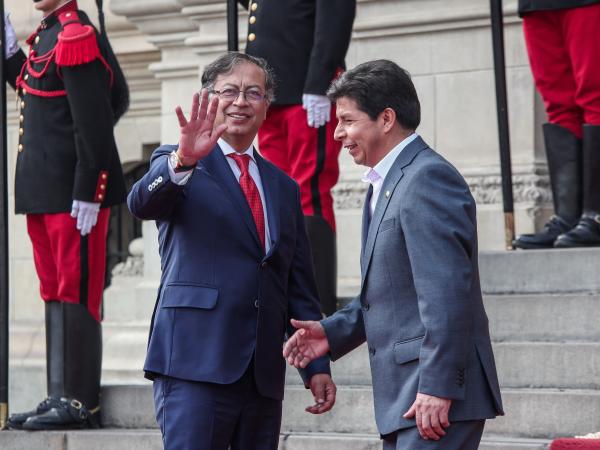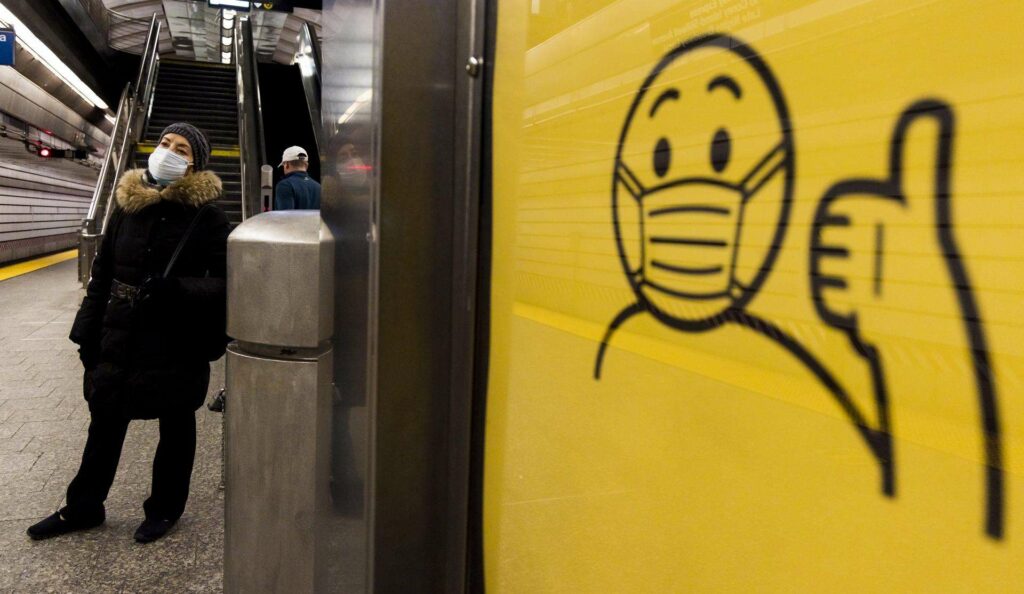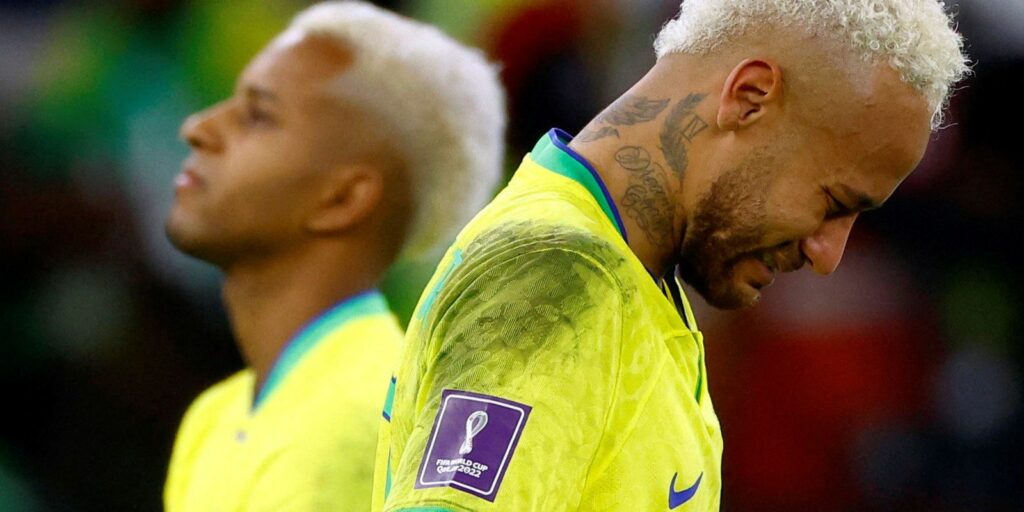Last Wednesday, December 11, a political crisis broke out in Peru after an attempted coup d’état that the then President Pedro Castillo after deciding to dilute Congress.
(Read: The endorsements that the president of Peru, Dina Boluarte, has received).
Given the situation, President Gustavo Petro remained silent in the statements he made that day and on his social networks. On behalf of the National Government, a statement from the Foreign Ministry was released.
From different political sectors they not only demanded the head of state to speak out. They asked him to condemn that Castillo tried to dissolve Congress. On Thursday, the president responded to a comment from Senator María Fernanda Cabal.
“The anxiety of blows is unleashed in our Latin American extreme right,” he wrote. And he added that to that ultra-right “the popular will does not give a damn”. He later made a thread on Twitter in which he acknowledged Castillo’s mistake in trying to use the article of the Constitution that allows Congress to be dissolved.
He also assured that Castillo “was cornered from day one.” It also asked the Inter-American Court of Human Rights (IACHR) to “apply the American Convention on Human Rights and issue precautionary measures in favor of the President of Peru Pedro Castillo”, since it considers that “the right to elect and be elected and to have an independent trial court.”
Nevertheless, minutes before the IACHR had issued a communiquéor where it condemned the “decisions contrary to the constitutional order in Peru, recognizes the democratic response of State institutions and calls for guaranteeing governability in adherence to the rule of law.”
I request the @IACHR apply the American Convention on Human Rights and issue precautionary measures in favor of the president of Peru Pedro Castillo.
The right to elect and be elected and to have an independent judging court have been violated.
— Gustavo Petro (@petrogustavo) December 8, 2022
The opposition strongly criticized the president’s position. “Castillo’s self-coup in Peru unmasked Petro and his allies,” said Uribe senator Miguel Uribe Turbay. “They remain silent and some even justify it”, added the legislator who, given the various comments against him, argued: “They misrepresent me when I ask that Congress be independent.”
(Also: Crisis in Peru: protesters demand new elections).
Among those who refuted Uribe on this issue was House Speaker David Raceror, who also lashed out at the opposition and said that the country “deserves a better one.”
“One says in the Chamber: ‘inequality does not kill’. The other, in the Senate, promotes a coup from Congress. Same name, same ignorance and hatred. The country deserves a better opposition”, he stressed.
The President of the Senate, Roy Barreraswho had wondered if Uribe was dreaming of a coup, stated that the Petro government “is the result of a popular mandate of more than 11 million voters, the highest vote with which a Colombian president has been elected.”
He also called to those who try to compare what happened in Peru with the Colombian political reality. “Wake up from delirium the extremists who are excited by the coup in Peru. The presidency of the Colombian Congress obeys the popular mandate of the change that we received at the polls and accompanies President Gustavo Petro in his goal of total peace and justice”, he said.
Rafael Nieto, former presidential candidate of the Democratic Center He assured that the “defense of Petro a Castillo, the withdrawal of the OAS session on Nicaragua, the trill after the Chilean plebiscite and his complicity with Cuba, show that what matters to him are his ideological sympathies and not democracy. And they portend bad times to come in our country”.
(Keep reading: The effects that the political crisis in Peru leaves on its economy).
For Sebastián Lippez de Castro, dean of the Faculty of Political Science and International Relations at Javeriana, he highlighted for EL TIEMPO that Petro initially supports a government “that saw a friend and like-minded” in the region.
In principle, the president could have thought about ideological affinity and loyalty, according to Líppez. “It was a very slight reaction.”but later he realized that it was a mistake to support him fully and he had to go out and point out that Castillo had been wrong with the attempt to dissolve Congress.
BRIEFCASE
With information from EL TIEMPO*
















